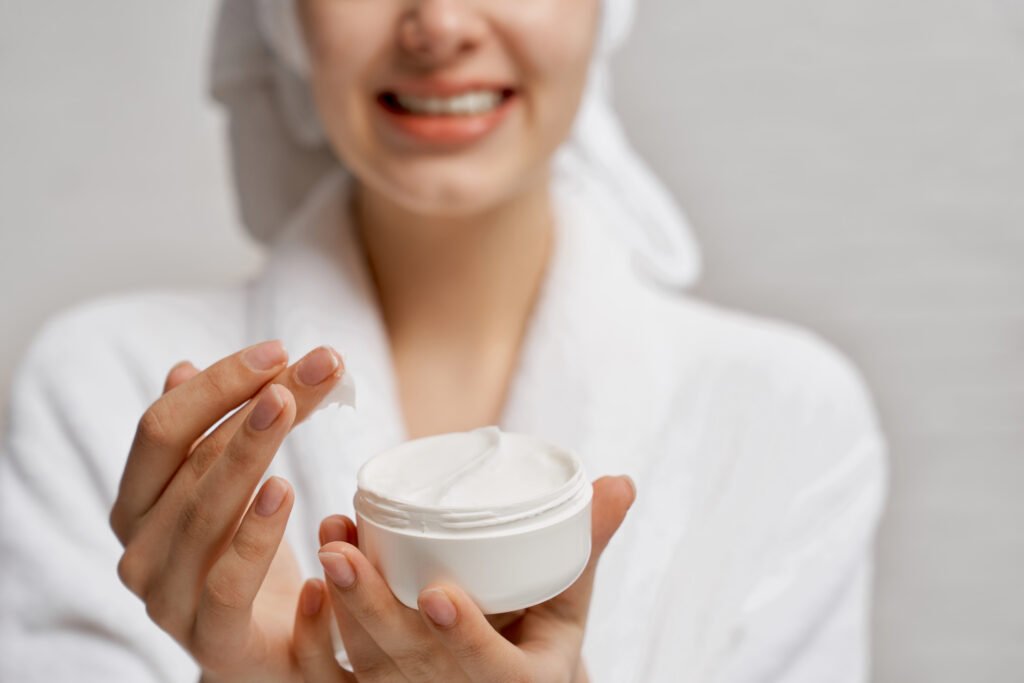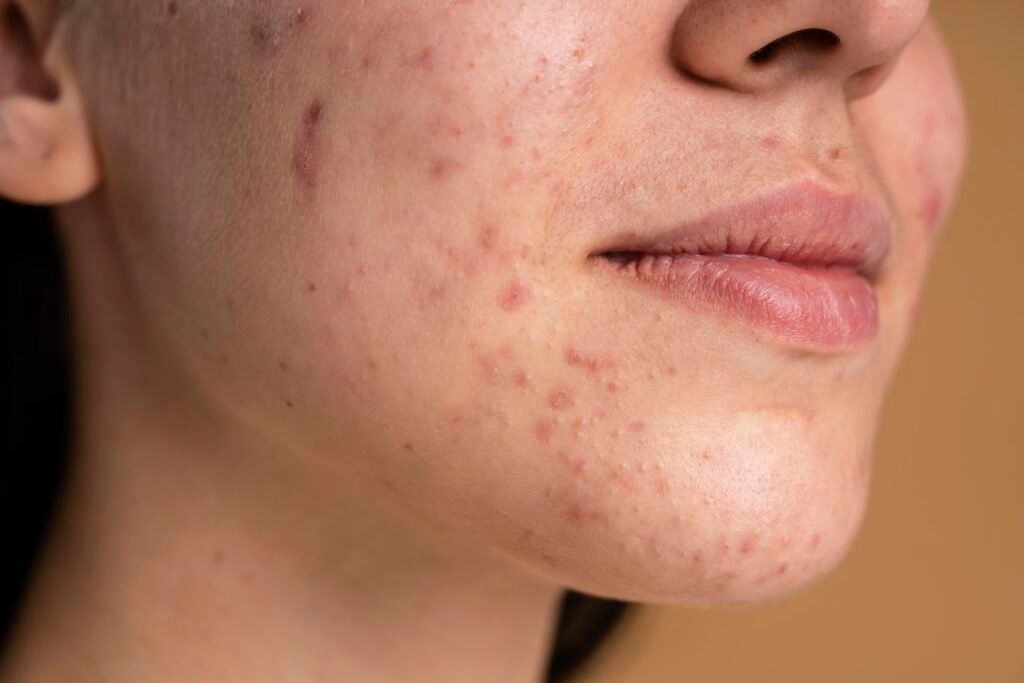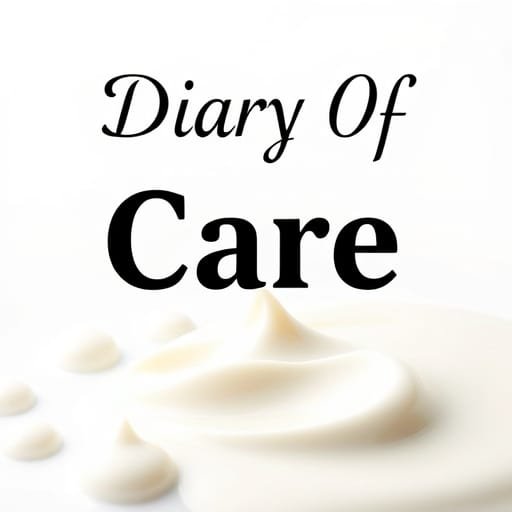Why Moisturizer is Important for Skin Health and Protection?

Before starting, let me give you a tip: never underestimate moisturizer in your skincare. Your skin is your body’s largest organ. And for your skin to stay healthy, it needs adequate water and moisture, just as a car needs sufficient fuel and parts to run.
Along with water, your skin always needs a good moisturizer for its health and hydration. Moisturizer is a primary and effective solution for preventing all skin problems. A layer of moisturizer always creates a protective barrier on your skin and ensures its protection. Moisturizer provides moisture not only on the surface of your skin but also deep within.
Do not think that I am asking you to use moisturizer only for hydration. Moisturizer has more benefits. I will explain them step by step. So, let’s dive deep into moisturizer to learn why moisturizer is important.
Why Moisturizer is Important?
For beautiful, youthful, healthy, and spotless skin, using a moisturizer should be a regular part of your skincare. By maintaining skin hydration and protecting it from various harmful effects, moisturizer is one of the most essential and effective steps in skincare. Every day our skin faces dangerous conditions such as dust, sunlight, pollution, cold, or hot weather, which damage the natural moisture and natural barrier. Moisturizer replenishes this lost moisture and strengthens the protective layer of the skin.
A dry and dehydrated skin increases the risk of cracking, itching, irritation, and even premature aging. But with regular use of moisturizer, the skin stays soft, smooth, and elastic. Not only that, moisturizer protects your skin from external bacteria and pollution, which reduces the chances of problems like acne or infections.
If you want to know what ampoule skincare is, then you can read this post.
The most important point is that moisturizer plays a vital role in generating new skin cells. Therefore, regular use of moisturizer not only keeps your skin healthy but also works as the key to keeping it youthful and radiant for a long time. This helps calm your mind and boosts your confidence from within.
There are some other important benefits of moisturizer:
- Moisturizer and skin protection.
- Moisturizer and prevention of signs of skin aging.
- Fight against acne.
- Moisturizer prevents skin itching.
- Heals skin wounds.
Moisturizer and Skin Protection
Keeping your skin nourished and hydrated from the inside, as well as protected from harmful external elements, is an important task. Moisturizer creates a layer on top of your skin that protects your skin from any harmful elements for a long time. From the harmful ultraviolet rays of the sun to dust, germs, and free radicals in the air, moisturizer helps prevent changes in the skin caused by these external threats.
Not only that, this protective layer created by moisturizer also prevents indoor and outdoor hot or cold weather, even the dry air of AC, from absorbing the moisture of your skin. As a result, your skin prevents water loss and stays hydrated and smooth for a long time.
Moisturizer also strengthens your skin’s natural barrier from the inside, which helps prevent problems like hyperpigmentation, redness, and sensitivity.
Moisturizer to Prevent Signs of Skin Aging
To prevent the signs of aging in your skin and to reduce wrinkles, using moisturizer can be a gamechanger for you. The skin of our face, neck, and chest area is very sensitive to environmental changes, so the skin of these parts sheds cells faster compared to other parts of the body. And to rebuild them, sufficient moisture and nutrition are required, which are properly supplied by moisturizer.
In addition, the biggest signs of skin aging are dryness, fine lines, wrinkles, and reduced skin elasticity. But moisturizer slows down this process of your skin. As a result, the pressure of your age does not appear on your skin.
However, along with moisturizer, you also need to drink a sufficient amount of water regularly to prevent the signs of skin aging.
Fighting Against Acne

Many people think that if they use moisturizer when they have acne, the skin will become more oily and acne will increase. But the right moisturizer does not increase your acne; instead, it helps to reduce and prevent acne.
First of all, do you know why we get acne? Acne-prone skin produces excess oil, because when the skin becomes dry, our skin glands produce extra oil to try to fill that dryness. And this excess oil clogs the pores and creates acne. But moisturizer provides enough hydration to the skin and brings that process under control, keeping the balance of skin’s oil right and reducing the chances of acne formation.
In addition, many products used in acne treatment make your skin dry and rough. Moisturizer reduces that dryness, soothes the irritation of your skin, and gives comfort.
Most moisturizers usually contain acne-preventing oil-free, non-comedogenic, lightweight, and soothing ingredients, which hydrate the skin without clogging pores. This reduces acne scars and redness.
So even if you have acne, you should not skip your moisturizer.
Moisturizer Prevents Skin Itchiness
The main cause of skin itchiness is dryness or a weakened skin barrier. To address this issue, moisturizer plays an important role.
The humectants in a moisturizer pull water from deep within the skin and retain moisture in the layers, which eliminates dryness and stops itchiness.
The emollient ingredients in a moisturizer smooth rough areas of the skin and reduce roughness. When our skin is soft, itchiness is also reduced.
Additionally, some moisturizers contain soothing ingredients that reduce inflammation and irritation, providing comfort to your skin. This not only decreases itchiness but also gives your skin a sense of relief.
To reduce skin itchiness caused by dryness, allergies, or conditions like eczema, you should use an appropriate moisturizer daily.
Moisturizers Help Heal Skin Wounds.
Any wound on your skin (such as minor cuts, scratches, cracks caused by dryness, or small injuries) can be supported in healing with the help of a moisturizer. However, it does not directly heal wounds like medicine, but it helps in faster drying, preventing infection, and restoring the skin back to health.
Moisturizer keeps the skin around your wound hydrated. And when the skin stays adequately moisturized, new cells are produced more quickly. As a result, the risk of your wound drying out, cracking, or becoming rough is reduced.
The occlusive ingredients in moisturizer create a protective layer over the wound. This locks in moisture and prevents dust, bacteria, or harmful external elements from entering the wound. As a result, the risk of infection in the wound decreases.
However, it must be remembered that moisturizer is effective only for small and superficial wounds. For large wounds, deep cuts, or infected wounds, medical treatment and antiseptic medication will be required in addition to moisturizer.
For minor wounds or cracked skin caused by dryness, moisturizer is very effective in quick healing, but it is not the only solution for serious wounds.
